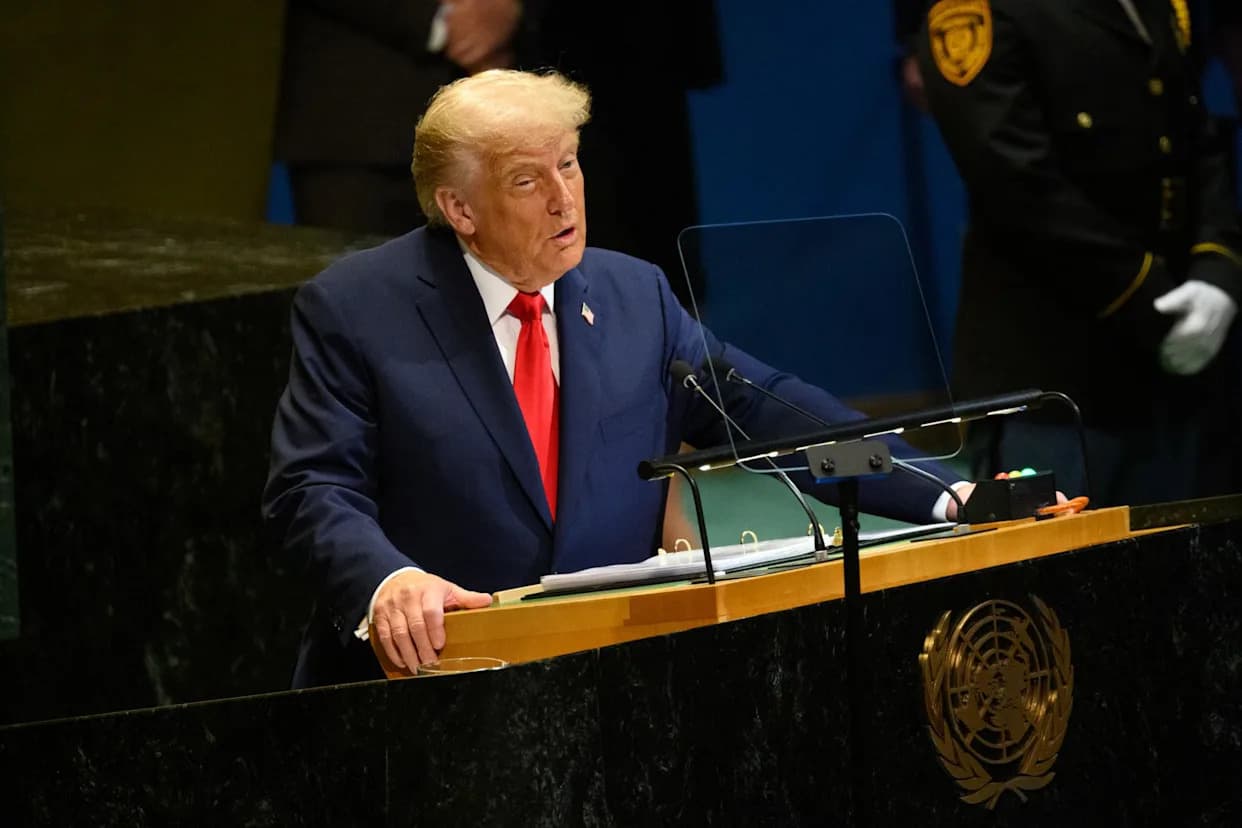Senator Sheldon Whitehouse told AFP at COP30 that the Trump administration is "deliberately losing" the clean‑technology race to China, citing visible Chinese EV dealerships in Belém as evidence. He criticized White House policies favoring fossil fuels and urged carbon pricing, including support for Europe’s carbon border tax, to drive emissions‑cutting innovation. Whitehouse also said the State Department made congressional attendance harder by refusing customary support.
Senator Whitehouse at COP30: 'US Is Deliberately Losing' the Clean‑Tech Race to China

Senator Whitehouse at COP30: "US Deliberately Losing" the Clean‑Tech Race to China
Senator Sheldon Whitehouse, one of the few senior U.S. political leaders attending the UN climate summit COP30 in Belém, Brazil, told AFP that he believes the Trump administration is "deliberately losing" the global competition in clean technologies to China. He said he traveled to Belém to underline that the administration's pro‑fossil‑fuel policies "do not represent the American people" and risk forfeiting a major economic opportunity.
"Right now, we are deliberately losing our competition on solar, on wind, on battery storage, on electric vehicles and all the support technologies that go into that," Whitehouse said. "It is a huge self‑administered blow that Trump is doing, entirely to pay back his fossil fuel donors."
Whitehouse recounted arriving in the Amazonian city before dawn and seeing numerous Chinese electric vehicle dealerships — an image he said underscored how far the United States is falling behind in clean‑tech deployment and markets.
The Trump administration chose not to send an official U.S. delegation to COP30, leaving only a handful of prominent Democrats to attend in an unofficial capacity, including California Governor and potential 2028 contender Gavin Newsom. Whitehouse, known for his long‑running "Time to Wake Up" speeches on global warming, said public opinion strongly favors climate action and accused the administration of doing "political work for the fossil fuel industry."
Policy priorities: carbon pricing and border measures
Whitehouse emphasized carbon pricing as one of the few viable pathways to the deep emissions reductions scientists say are necessary. "If it's free to pollute, there's really no pathway to safety," he said, reiterating his support for Europe’s carbon border tax — a measure that has been contentious with some developing countries at COP30.
The senator also pointed to recent policy shifts: President Trump withdrew the U.S. from the Paris Agreement again after returning to office, and Republican lawmakers have rolled back clean‑energy tax credits and electric‑vehicle incentives, actions that helped prompt firms such as General Motors to scale back production plans.
Logistics and participation
Whitehouse's office said he plans to meet "heads of state, lawmakers, private sector leaders, environmental champions, and civil society leaders" in Belém, though he is not permitted to participate in the formal COP negotiations. He added that the State Department made attendance more difficult by refusing customary support for congressional delegations, forcing him to obtain his conference badge through a nonprofit organization.
Bottom line: At COP30, Whitehouse framed the U.S. policy shift toward fossil fuels as a strategic and economic setback, urged market‑based climate tools like carbon pricing to spur innovation, and highlighted practical barriers faced by congressional attendees.
Help us improve.




























